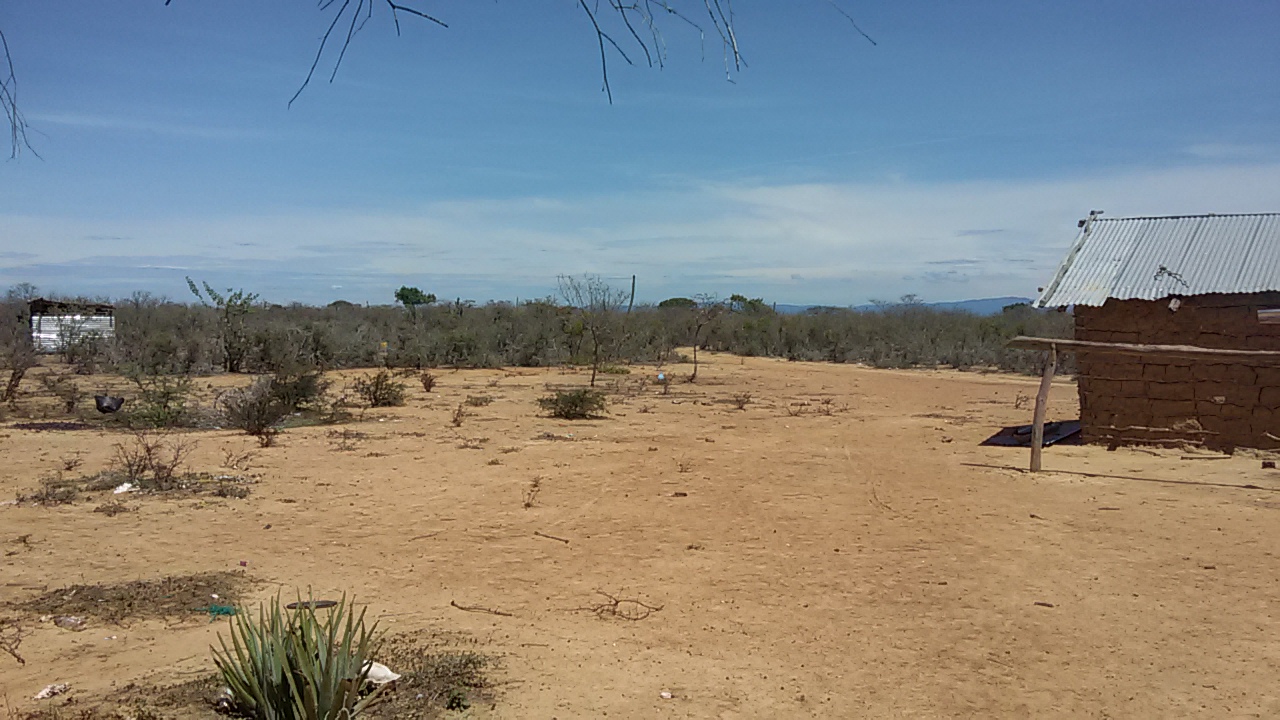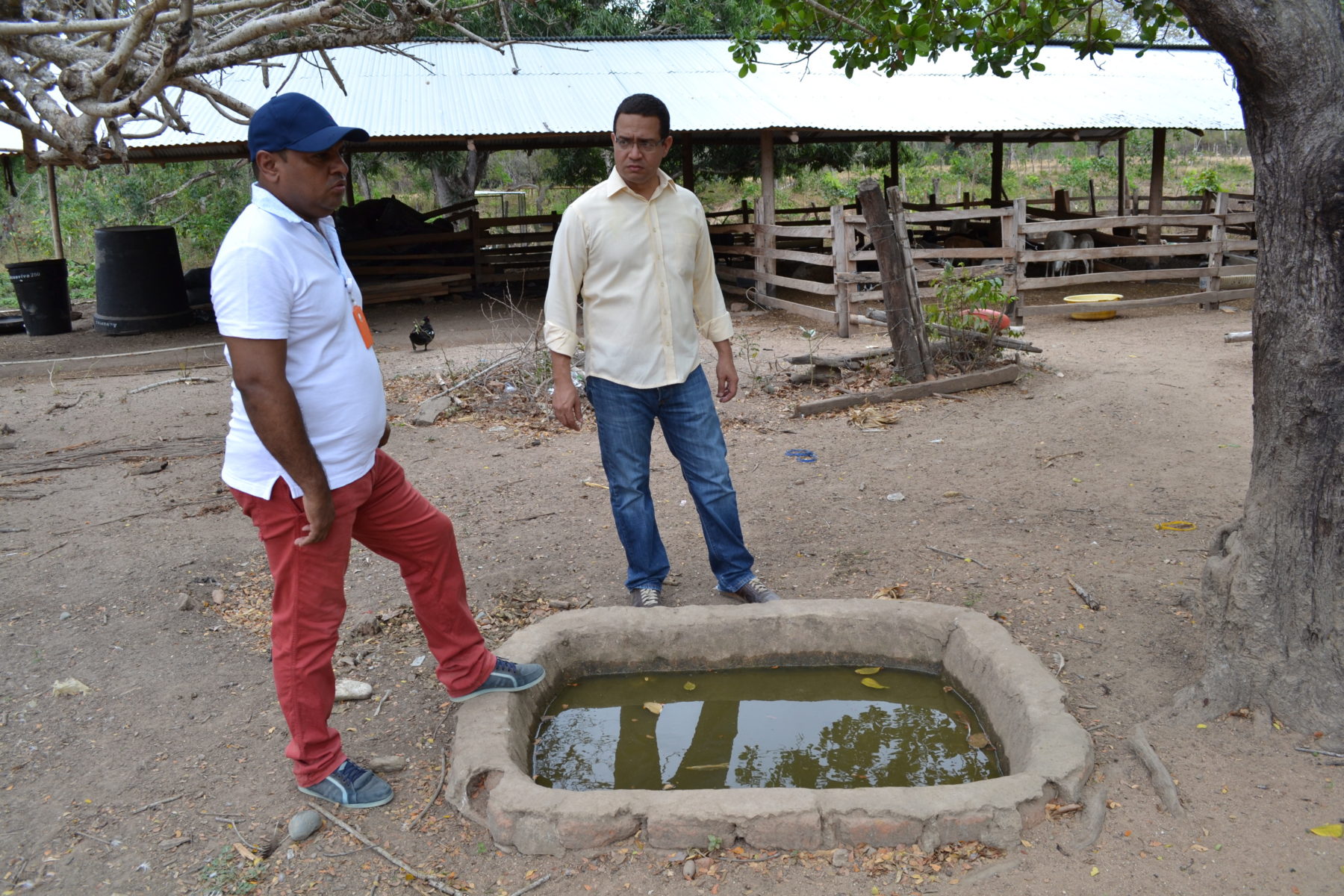Americas
Colombia
South America
Working towards clean water for an entire community in Colombia
In the desert of northern Colombia, 78 indigenous Wayu families are learning how to remain healthy, prevent the spread of disease, and protect children from becoming malnourished.
The children and families of drought-stricken Rancheria Sabanita go without fresh water every day. The climate is arid, people are dehydrated, and the land is barren, which means that there is no drinking water and no water to irrigate crops. A combination of climate, lack of proximity to villages to buy water, and financial instability contribute to the lack of clean drinking water in the community. Instead, there is a stagnant, dirty rainwater pond that serves as the sole source of water.
A critical component of our work in the community is educating people about healthy sanitation behavior. Prior to our work, open defecation was prevalent. In desert climates, this is dangerous because fecal matter dries up, particles are carried in the air, and in the case of this community, they are deposited in the dirty pond water, which is then ingested by the families who live in the community. As a result, water-borne diseases, which cause fevers and diarrhea, which can be deadly to young children.
When people fall ill, getting healthcare is nearly impossible. The nearest health center is a two hour walk from the village to a main road and then a ride to the closest town, which costs $4 each way. So children and families suffer though bouts of life-threatening diseases like cholera. One of our goals is to educate the community about how to remain healthy, keep water clean by boiling and purifying rainwater, practice proper hygiene and sanitation, and reduce the contraction of disease.

